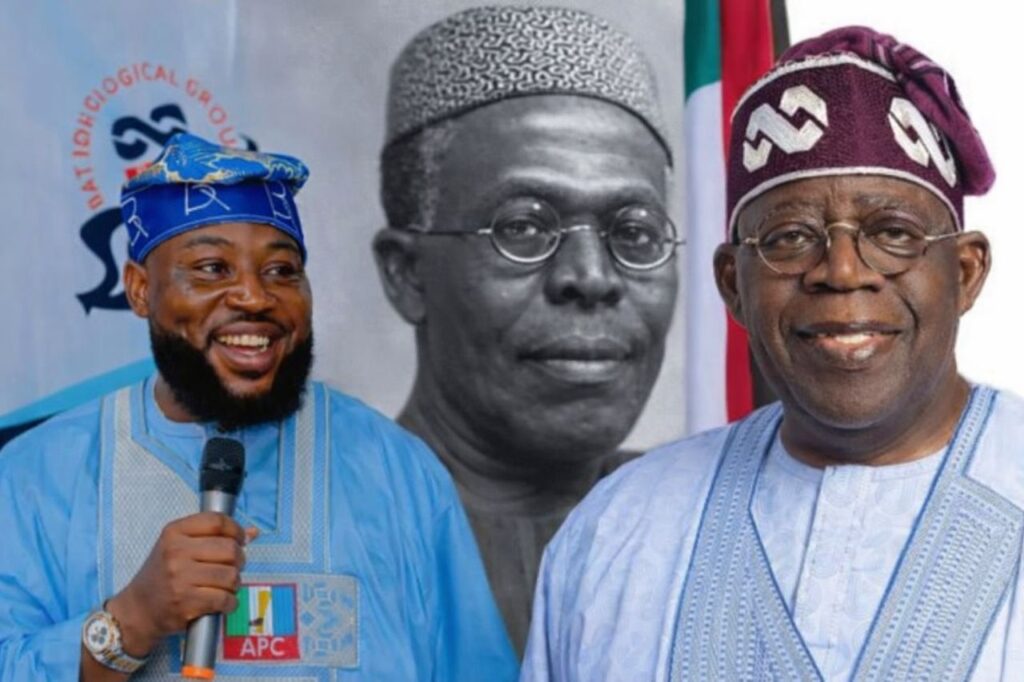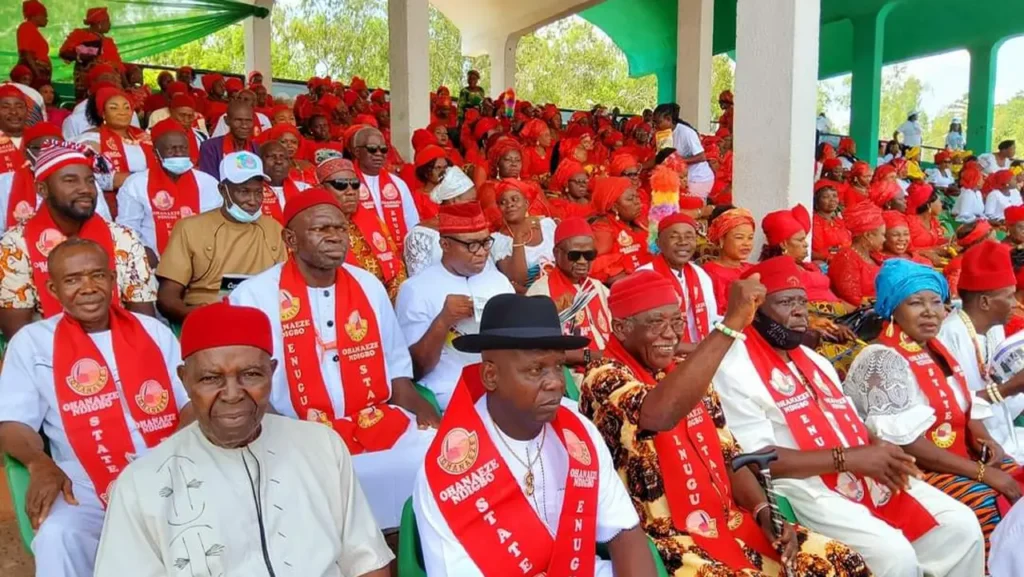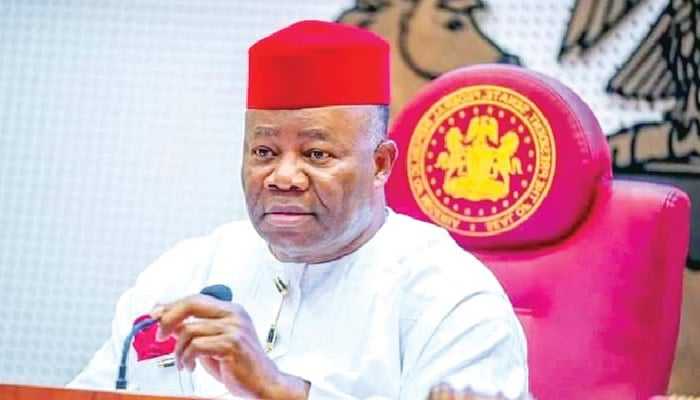Adelabu Blames Past Governments for Nigeria’s Power Woes, Pledges Reform
 Nigeria’s Minister of Power, Chief Adebayo Adelabu, has attributed the country’s chronic electricity challenges to decades of neglect, inconsistent policies, and underinvestment by successive governments.
Nigeria’s Minister of Power, Chief Adebayo Adelabu, has attributed the country’s chronic electricity challenges to decades of neglect, inconsistent policies, and underinvestment by successive governments.
Speaking at a recent press briefing, Adelabu described the state of Nigeria’s power infrastructure as “a national embarrassment,” while outlining key reform efforts by the current administration.
Despite being Africa’s most populous nation and largest economy, Nigeria continues to struggle with erratic electricity supply, generating only about 5,000 megawatts of power for over 200 million people. Adelabu squarely blamed this on the cumulative “actions and inactions” of previous administrations, which he said left the sector “dilapidated and underdeveloped.”
“Our national grid is very old and fragile,” the minister said, pointing to the eight grid collapses recorded in 2024 alone. He noted that issues such as vandalism, insecurity in some regions, and poor maintenance have compounded the problems facing the country’s power infrastructure.
The minister also highlighted the financial strain on the sector, revealing that while the 2024 budget provided ₦450 billion for electricity subsidies, the actual requirement exceeded ₦2 trillion.
Generation companies (GenCos), he said, are being owed approximately ₦1.3 trillion, severely limiting their operations and output.
In response to these challenges, Adelabu outlined a multi-pronged reform agenda aimed at revitalizing the sector. Key initiatives include the procurement of 3.5 million electricity meters to curb estimated billing and improve revenue collection, as well as opening the sector to greater private investment to bridge the estimated $10 billion infrastructure gap.
He also emphasized the importance of decentralizing Nigeria’s power grid by empowering states to develop their own electricity markets. This approach, backed by the Electricity Act of 2023, is expected to reduce the burden on the national grid and improve supply stability across the country.
“Fixing the power sector won’t happen overnight, but with the right policies and sustained investment, we can turn things around,” Adelabu said.
The minister’s comments come amid growing public frustration over persistent blackouts, high energy costs, and slow progress in reforming Nigeria’s power landscape. As the government pushes ahead with its overhaul plan, many Nigerians are watching closely, hoping for tangible improvements in their daily lives.






